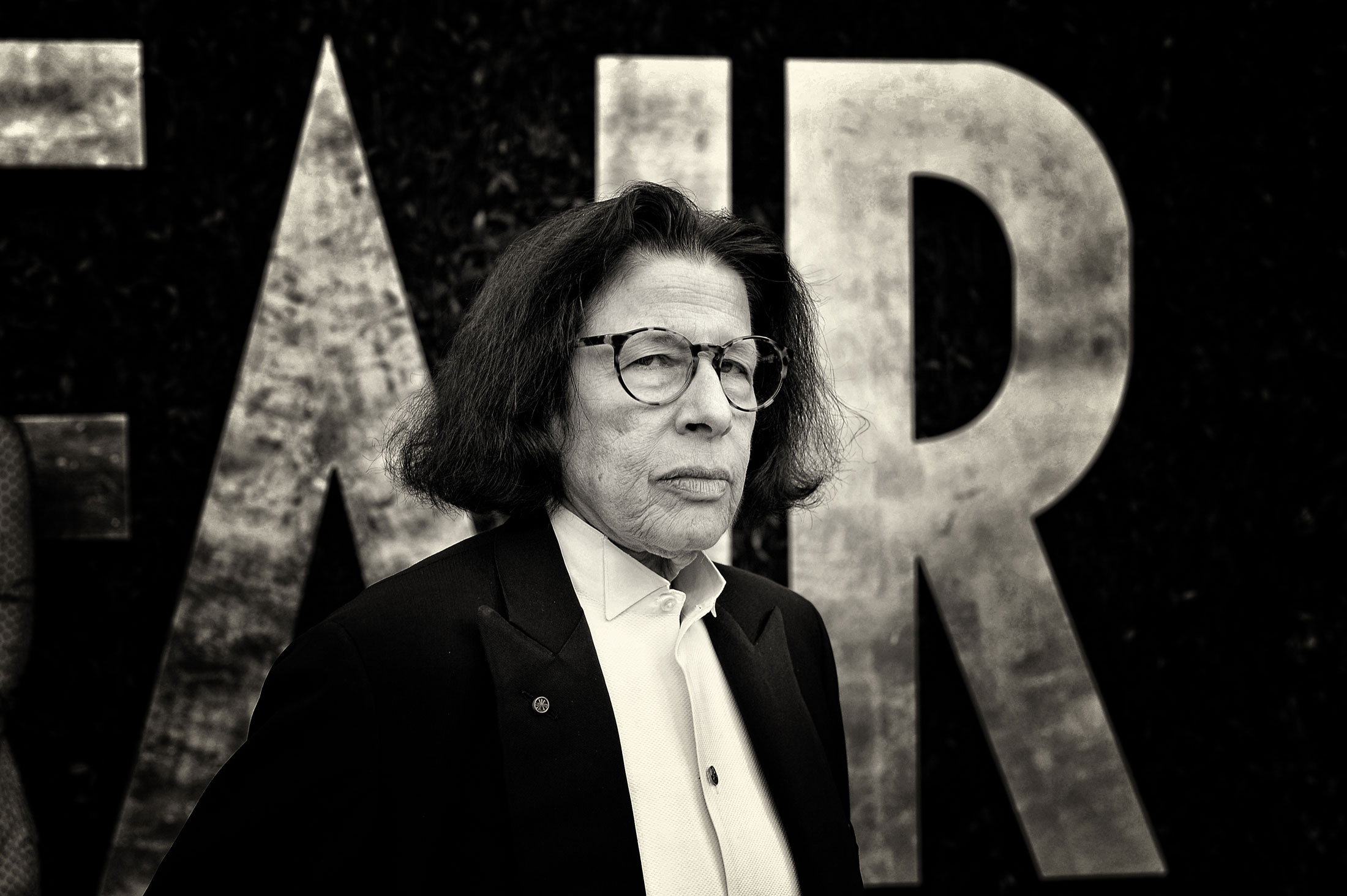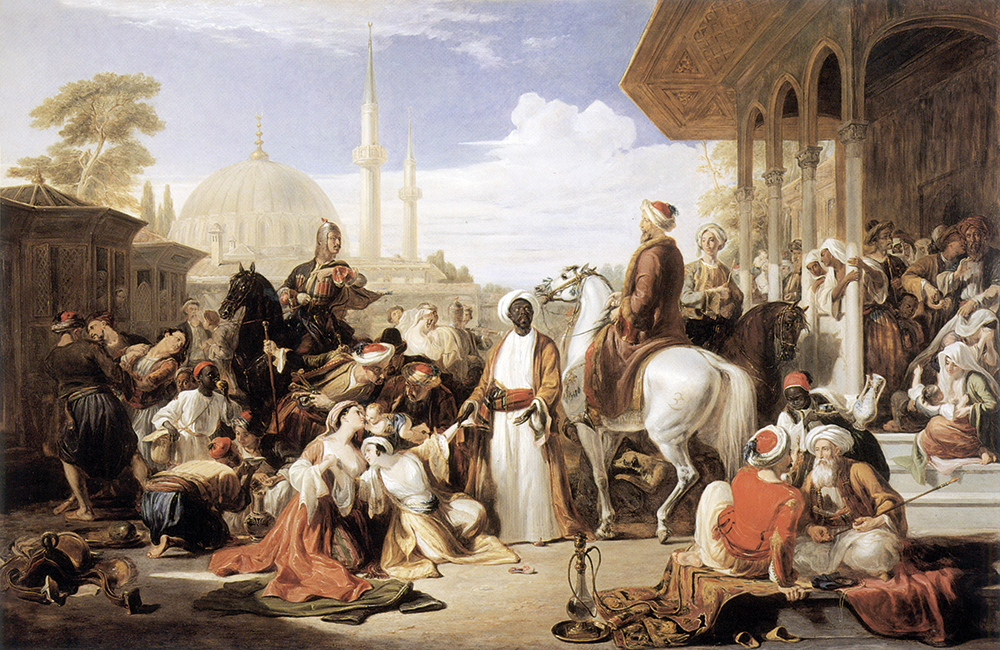Fran Lebowitz, the apparently acid-tongued commentator on Manhattan manners, will slip through British customs next month to dazzle the easily dazzled. Though to judge by the interview she granted an earnest lady in the Observer, other verbs leap to mind. From this distance it looks suspiciously like a fog of self-regard.
According to the profiler, Megan Nolan, Lebowitz is ‘a poster girl for a certain kind of crusty but erudite and essentially good-natured New York archetype, intellectual and judgmental, and walking the line between rudeness and frankness with engaging grace’. Cor! Is this a private ritual between consenting adults, or can we all join in?
‘America could be more like New York,’ she says, oblivious to the fact that many Americans beyond the Hudson have no desire to hold hands with people who despise them. ‘It is my belief that the people in the cities should make the laws.’ There’s erudition for you.
As for her good nature, the wit of the West Village is clearly not the cheeriest singer in life’s bathtub. ‘The human being is a horrible species,’ she tells Nolan, confirming Dickens in his view that those who rail most vigorously against humanity tend to rank among its most unpleasant specimens.
She’s a philosopher, too. ‘There are two kinds of people in the world. The kind who own Rembrandts, and the kind who are racing to get the F train.’ As Lorenz Hart wrote in a lyric for Richard Rodgers: ‘I was reading Schopenhauer last night – and I think that Schopenhauer was right.’
Hart was Jewish, like her; homosexual, like her; a native New Yorker, like her. Unlike her, he was witty rather than clever. His songs were not ‘judgmental’. They were for everybody, and will continue to entertain those who value wit above flummery until the East River flows into the Gulf of Mexico.
Lebowitz does not lack company in the gallery of Manhattan pseuds. She was pally with Andy Warhol (of course), and nobody trapped the nerve of New York solipsism more painfully than that talentless berk. Robert Mapplethorpe, the trendy snapper, must also be numbered among the throng. All those penis-shaped flowers – so daring.

Yet, as the restaurateur Keith McNally has written in his recent memoir, Mapplethorpe and his lover, the ghastly Patti Smith, were quite happy to berate waiters. Little people, you see. Not interleckshuals like us. And let’s not start on that thundering bore, Susan ‘I’ve read everything’ Sontag.
‘America could be more like New York,’ she says, oblivious to the fact that many Americans beyond the Hudson have no desire to hold hands with people who despise them
Some witnesses saw what lay behind the curtains of celebrity. Tom Wolfe captured the madness in The Bonfire of the Vanities. ‘What are we going to do with these Republicans?’ a guest asked Wolfe at a dinner party. ‘We could vote for them,’ he replied.
The man who really exposed the charlatans was Robert Hughes, the great art critic for Time magazine. Hughes, an Australian republican, was no stick-in-the-mud. He wrote The Shock of the New, that tour d’horizon of 20th-century painting, and always championed new work.
Great were the howls of rage, therefore, when he denounced Julian Schnabel, the darling of the New York art scene, in language which still stings. Nor did he care for Jean-Michel Basquiat, a well-heeled drop-out who passed himself off as a street urchin. Basquiat fooled many New York intellectuals; not Hughes, who spotted ‘radical chic’ at a hundred paces.
What a gruesome crew they make, the salon society thinkers and drinkers who have tried to bag seats once occupied by Dorothy Parker, Edmund Wilson, Robert Benchley, Cole Porter, P.J. O’Rourke and Christopher Hitchens. But let’s be generous to Lebowitz when she gets here, for she needs all the affirmation she can get.
Nolan obviously sees herself as an understudy: Anne Baxter to Lebowitz’s Bette Davis. ‘I will tell you all about Eve,’ George Sanders says in the opening scene of that great Broadway satire. I will tell you all about Fran, Nolan seems to be saying. Sorry, love, as they don’t say on Madison Avenue. We’ve heard enough already.








Comments